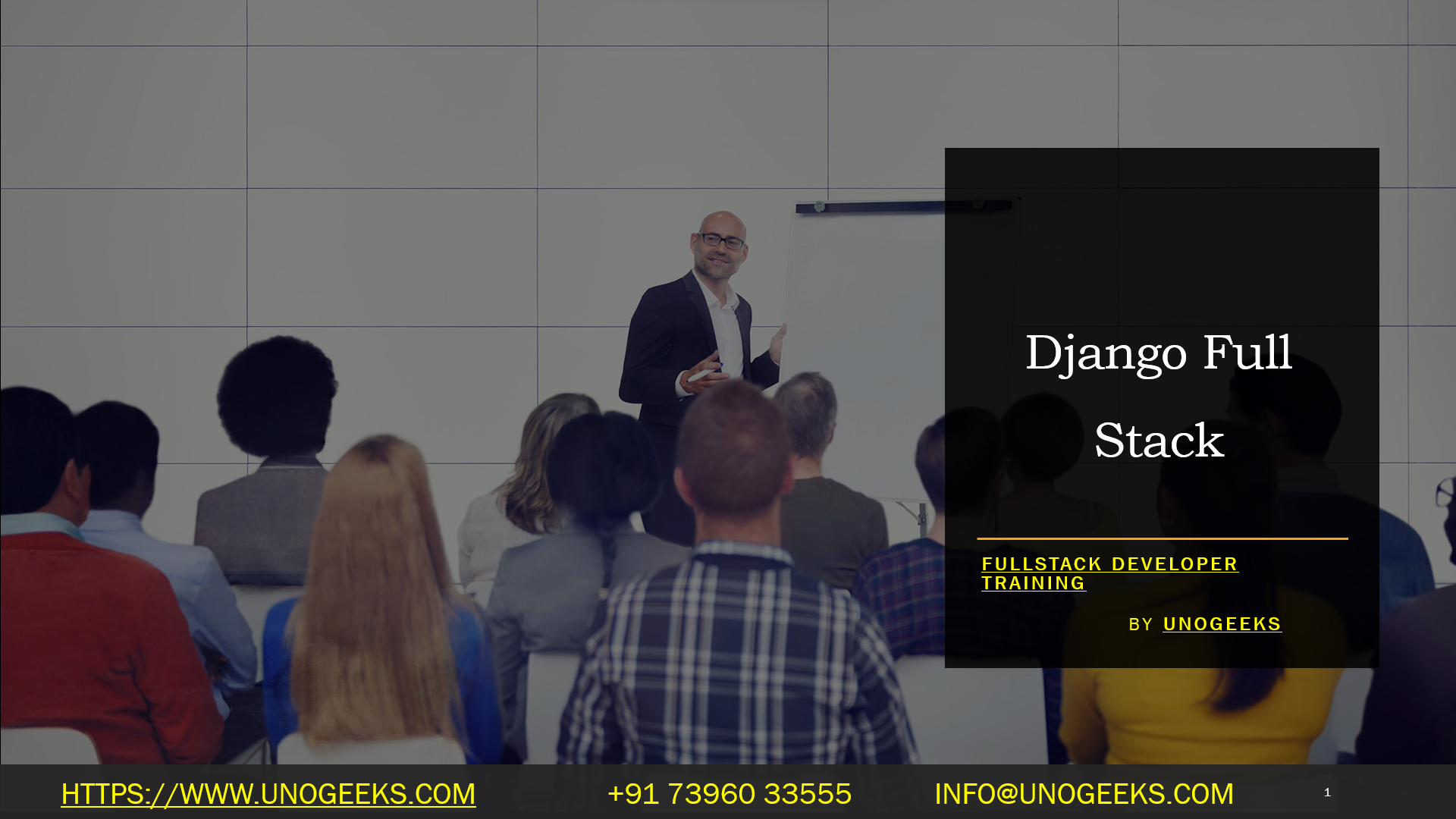Django Full Stack
Django Full Stack
Django Full Stack
Django Full Stack
Django Full Stack
Django Full Stack
Django Full Stack
Django Full Stack
Django Full Stack
Django Full Stack
Django Full Stack
Django Full Stack
Django Full Stack
Django Full Stack
Django Full Stack
Django Full Stack
Django Full Stack
Django Full Stack
Django Full Stack
Django Full Stack
Django Full Stack
Django Full Stack
Django Full Stack
Django Full Stack
Django Full Stack
Django Full Stack
Django Full Stack
Django Full Stack
Django Full Stack
Django Full Stack
Django Full Stack
Django Full Stack
Django Full Stack
Django Full Stack
Django Full Stack
Django Full Stack
Django Full Stack
Django Full Stack
Django Full Stack
Django Full Stack
Django Full Stack
Django Full Stack
Django Full Stack
Django Full Stack
Django Full Stack
Django Full Stack
Django Full Stack
Django Full Stack
Django Full Stack
Django Full Stack
Django Full Stack
Django Full Stack
Django Full Stack
Django Full Stack
Django Full Stack
Django Full Stack
Django Full Stack
Django Full Stack
Django Full Stack
Django Full Stack
Django Full Stack
Django Full Stack
Django Full Stack
Django Full Stack
Django Full Stack
Django Full Stack
Django Full Stack
Django Full Stack
Django Full Stack
Django Full Stack
Django Full Stack
Django Full Stack
Django Full Stack
Django Full Stack
Django Full Stack
Django Full Stack
Django Full Stack
Django Full Stack
Django Full Stack
Django Full Stack
Django Full Stack
Django Full Stack
Django Full Stack
Django Full Stack
Django Full Stack
Django Full Stack
Django Full Stack
Django Full Stack
Django Full Stack
Django Full Stack
Django Full Stack
Django Full Stack
Django Full Stack
Django Full Stack
Django Full Stack
Django Full Stack
Django Full Stack
Django Full Stack
Django Full Stack
Django Full Stack
Django Full Stack
Django Full Stack
Django Full Stack
Django Full Stack
Django Full Stack
Django Full Stack development refers to the practice of using Django, a high-level Python web framework, to handle both the front-end and back-end aspects of a web application. Django is known for its simplicity, flexibility, and robust features, making it a popular choice for full stack development, especially among Python enthusiasts. Here’s an overview of Django in the context of full stack development:
What is Django?
- Django: A Python-based framework that follows the model-template-views (MTV) architectural pattern. It’s designed to encourage rapid development and clean, pragmatic design.
- Philosophy: Django emphasizes the DRY (Don’t Repeat Yourself) principle and focuses on automating as much as possible.
Front-End Development with Django
- Templates: Django comes with its own templating engine, allowing developers to create HTML interfaces with dynamic data rendering.
- Static Files Management: It handles static files like CSS, JavaScript, and images, which are essential for front-end development.
- Third-Party Integrations: Developers often use front-end frameworks or libraries like React, Angular, or Vue.js alongside Django for a more interactive and modern web interface.
Back-End Development with Django
- ORM (Object-Relational Mapper): Django’s ORM allows developers to interact with databases using Python code instead of SQL.
- Admin Interface: One of Django’s most notable features is its auto-generated admin interface for managing database records.
- Security Features: Django provides built-in protections against various security threats like SQL injection, cross-site scripting, cross-site request forgery, and clickjacking.
- RESTful API Support: For more complex front-end frameworks or mobile application backends, Django can be used in conjunction with Django REST framework to build powerful RESTful APIs.
Key Features of Django Full Stack Development
- Rapid Development: Django’s “batteries-included” approach offers a wide array of built-in features for quick development.
- Scalability: Suitable for both small and large-scale applications.
- Versatile: Used in various types of web applications, from content management systems to social networks or scientific computing platforms.
- Community and Ecosystem: Strong community support with a wealth of third-party packages, tools, and resources.
When to Use Django for Full Stack Development
- Data-Driven Applications: Ideal for projects that require robust database functionalities and complex data operations.
- Rapid Prototyping: When quick development and deployment are priorities.
- Python-Centric Projects: Especially beneficial for teams already proficient in Python.
- Secure Applications: When high security is a priority, given Django’s strong emphasis on security.
Full Stack Developer Training Demo Day 1 Video:
Conclusion:
Unogeeks is the No.1 IT Training Institute for Full Stack Developer Training. Anyone Disagree? Please drop in a comment
You can check out our other latest blogs on Full Stack Developer Training here – Full Stack Developer Blogs
Please check out our Best In Class Full Stack Developer Training Details here – Full Stack Developer Training

———————————-
For Training inquiries:
Call/Whatsapp: +91 73960 33555
Mail us at: info@unogeeks.com
Our Website ➜ https://unogeeks.com
Follow us:
Instagram: https://www.instagram.com/unogeeks
Facebook:https://www.facebook.com/UnogeeksSoftwareTrainingInstitute
Twitter: https://twitter.com/unogeeks
